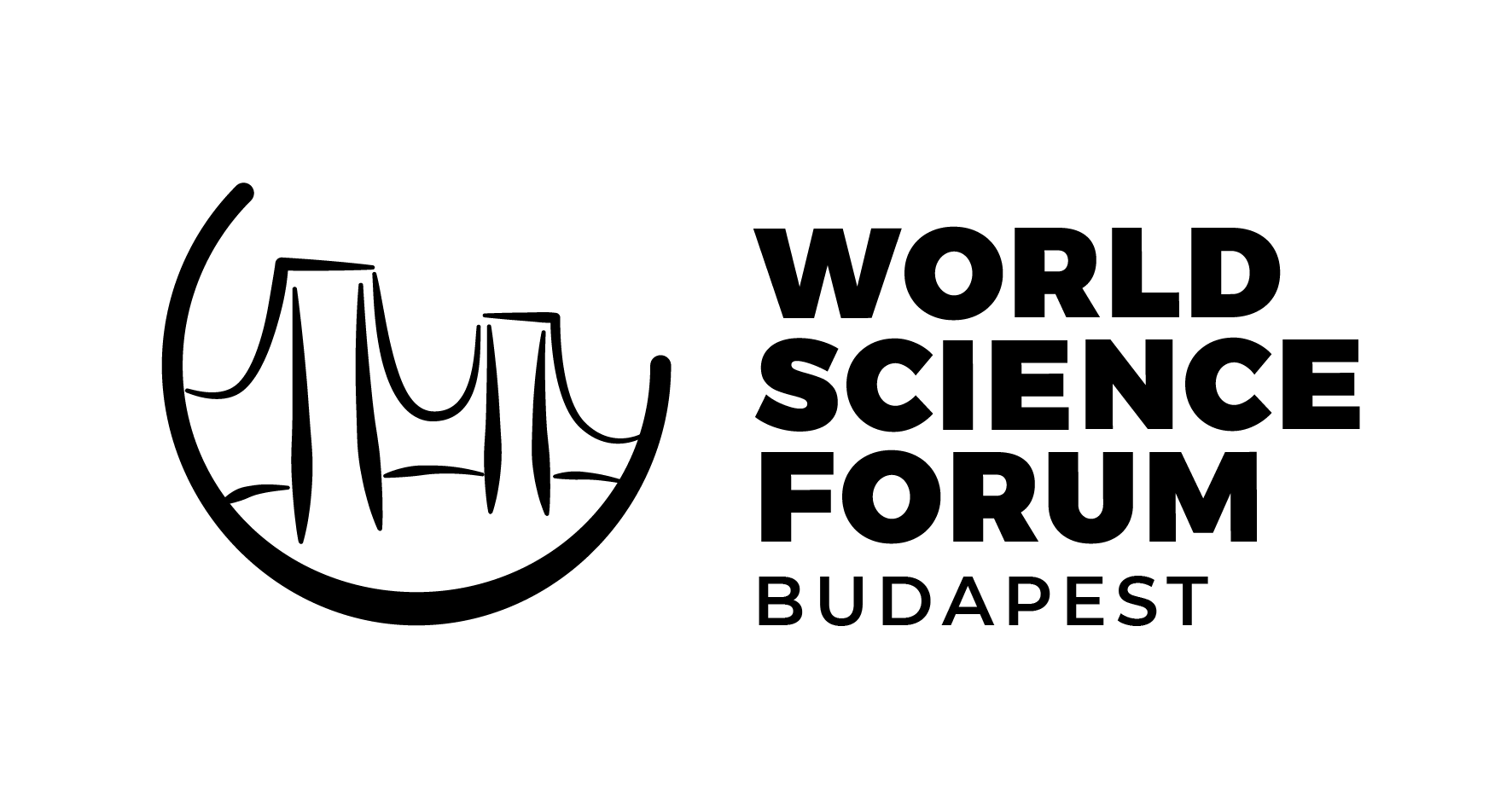Programme / Plenary session V. | Parliamentary Plenary Session | 20 years of Science Diplomacy
‹ back to Programme listerDay 4
Saturday / 23 NOV
11:30 - 13:00
This session focused on a presentation of the achievements of science diplomacy over the past twenty years and the challenges that still lay ahead, in addition to what opportunities we have to cope with them. The moderator, Katalin Bogyay, emphasised the importance of sharing and learning from each other.
The first presenter, Her Royal Highness Sumaya bint El Hassan, spoke about the constant change surrounding humankind. Her wish is to have a thoughtful, informed and engaged future, and to reach this goal science should be at the heart of national and global consciousness. She emphasised that future generations are watching the scientific society and asked the audience to make them proud. In the end, she expressed her hope of, through a global science that unites us all, having a positive and peaceful future.
The second presenter, Carole Mundell, spoke about the importance of having diversity and equity in the scientific field. She highlighted the fact that women and girls are still underrepresented in decision making and that 130 million girls around the globe do not have access to education. She pointed out that this affects the whole of society. She emphasised the need to invest in people to develop their full potential and lift young people up for the common good.
Teruo Kishi, the third presenter, summarised the Japanese strategy of having active public relations and network building. The strategy is based on three main pillars – security, trade and global issues – and focuses on science, technology and innovation. The idea of ‘Society 5.0’ is a fusion of cyber and physical space with an inclusive society, and is highly promoted by the Japanese government. Japan also promotes the Global Research Collaboration to pursue mutual benefits among countries. His takeaway message was that there are no borders in basic science, though cooperation in technology should be taken care of.
The fifth presenter, Elisa Reis, spoke about having an optimistic vision about what the future holds. She expressed her view that we have the power to accomplish a lot, and many new initiatives are a good example of this. Science is and will be key in promoting progress, and we are still unaware of many solutions.
The sixth presenter, Simge Davulcu Menket, spoke about her experiences in Nicosia, the ‘last divided capital of Europe’. She reiterated that science doesn’t have any borders and pointed out the importance of scientific conversation in peace talks. In Cyprus, science diplomacy was a way to open up many opportunities and create bridges between conflicted regions. A new organisation, the Science for Peace Initiative, was founded in 2016. The organisation focuses on what unites us, building peace with tools like fact-based language. She closed her presentation with the words of Kemal Atatürk: “Peace at home, peace in the world!”
After the presentations, the presenters were joined by Elmer William Colglazier, Jr., who discussed the topic of the past, present and future of science diplomacy in further detail during a panel discussion.
They summarised the past twenty years and the difference that has been made, and also discussed what we should do better in the future. They pointed out stronger political connections and governmental liaison, and mentioned the complexity of the Sustainable Development Goals. They also concluded the need to build trust using the tools of science diplomacy.
Rapporteur: Fanni Bobek, ELTE
Moderator:
Speakers:
- Her Royal Highness Sumaya bint El Hassan, President, Royal Scientific Society of Jordan (RSS)
- Carole Mundell, Chief Scientific Adviser, Foreign and Commonwealth Office UK
- Teruo Kishi, Science and Technology Advisor, Ministry of Foreign Affairs of Japan
- Elisa Reis, Vice-President, International Science Council
- Simge Davulcu Menket, Junior Co-Chair, International Consortium of Research Staff Associations (ICORSA)
- Elmer William Colglazier Jr., Editor in Chief, Science & Diplomacy, American Association for the Advancement of Science
